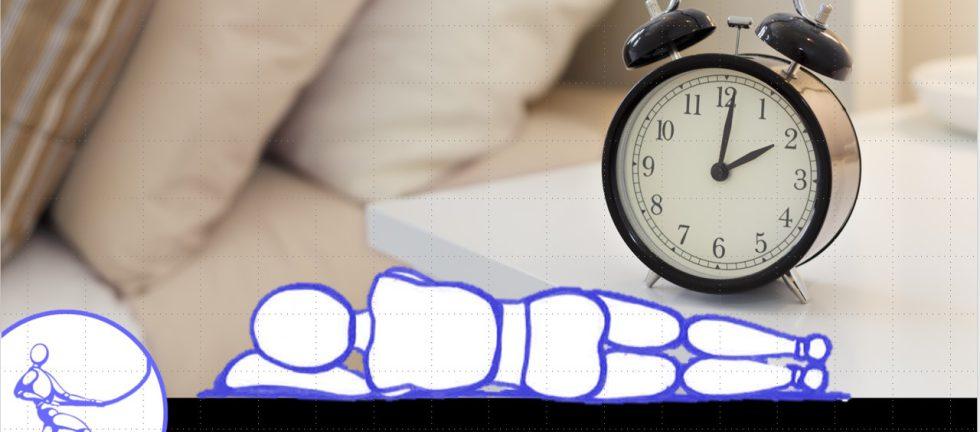Daylight savings (DST), the annual practice of advancing clocks one hour ahead of standard time, starts in the spring. Clocks will be set one hour forward at 2:00 am on the second Sunday in March, which is next weekend! If you get up at the usual time on Sunday, you’ll end up with one less hour of sleep on Saturday night. Where I live, the sun will rise at 7:35 a.m. and set at 7:26 p.m. on Monday, after the clocks spring forward. It will be dark when my alarm goes off, but I’ll have a few hours of daylight left after work.
On the first Sunday in November, we will set the clocks back to standard time. DST was “invented” in Port Arthur (now Thunder Bay) in 1908. It became standard across the US and Canada in the 60’s. Today, not all provinces and territories observe DST, and there is much debate around whether it still has value.
DST has been linked to sleep deprivation, which is inadequate duration or quality of sleep to support alertness, performance, and health. When the clocks move forward in the spring, we have more morning darkness and more evening daylight. As a result, we feel more tired in the morning, and more alert at night. Most of us lose about 40 minutes of sleep on the night that DST starts. This lost sleep time is referred to as “sleep debt”, and it must be paid back by sleeping longer on the next night, or over a few weeks. The small change in time may not seem significant; however, DST has been linked to an increase in heart problems, mood disorders, motor vehicle accidents, workplace accidents, and insomnia symptoms.
More workplace accidents than usual occur on the Monday after DST starts in the spring. The incidence of heart attacks also increases during the week after DST starts. However, sleep duration, workplace accidents, and injury severity do NOT change on the Monday after the change back to standard time in the fall. In fact, there is a reduction in hospitalizations due to heart health for 4 days following the fall time change. If only we could fall back twice a year!!
Why does DST affect safety and wellbeing? Daylight and darkness regulate our sleep/wake cycle, which explains why it’s so much harder to get out of bed when it’s dark outside. Shifting the clock affects our circadian rhythm, which is the natural 24-hour clock that manages bodily functions such as our sleep-wake cycle, metabolism, and mood.
Eventually, our circadian rhythm catches up with the clock. However, this shift can take days, or longer. For individuals who take longer to adapt, long-term sleep deprivation can increase the risk of heart problems, metabolic syndromes, and depression.
If you’ve found that “springing forward” is hard on you or your family, here are some tips:
- Navigate the time shift over the entire weekend instead of one night. Go to bed earlier on Friday, Saturday, and Sunday, and force yourself to get up earlier than normal on Saturday. This will make you more prepared for Monday’s alarm.
- Need help getting to sleep earlier? Eat your evening meal earlier on Friday and Saturday. Start your bedtime routine earlier….lights down, electronics off. If you exercise in the evening, give yourself extra time to wind down afterwards. Avoid caffeine after lunch.
- Need help getting up earlier? Set a timer on the lights in your bedroom, so they come on before your alarm.
- Give yourself and your co-workers a break. If you’re tired and cranky on Monday, you’re not alone! Perhaps it’s a good excuse to spring for a round of coffee! Cheers!


